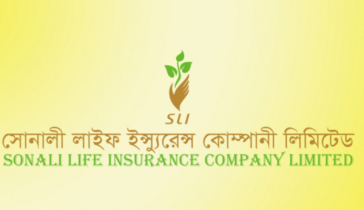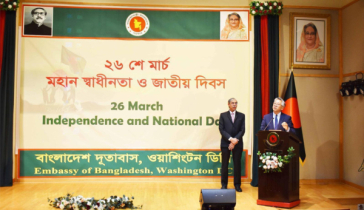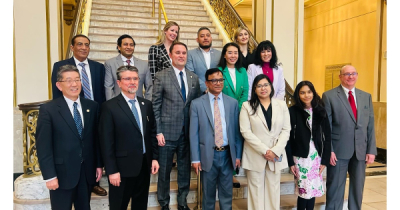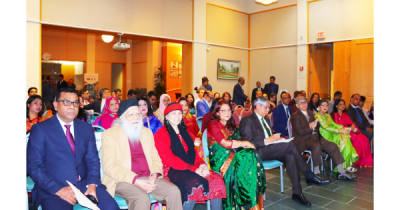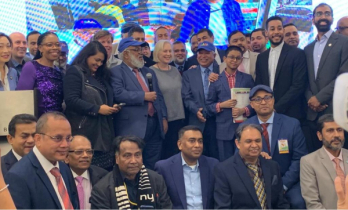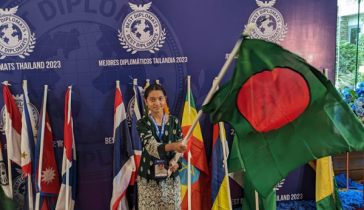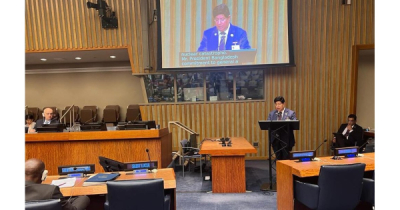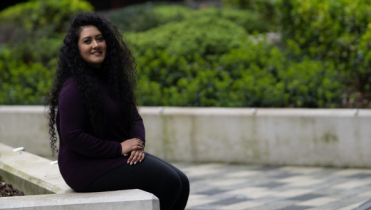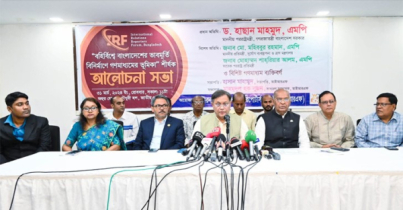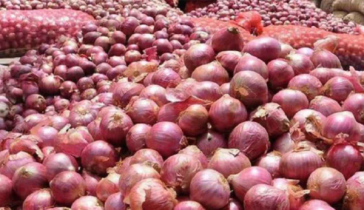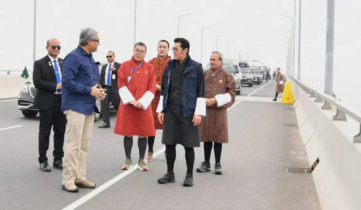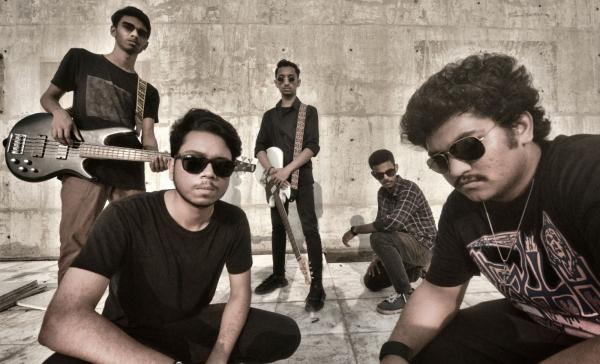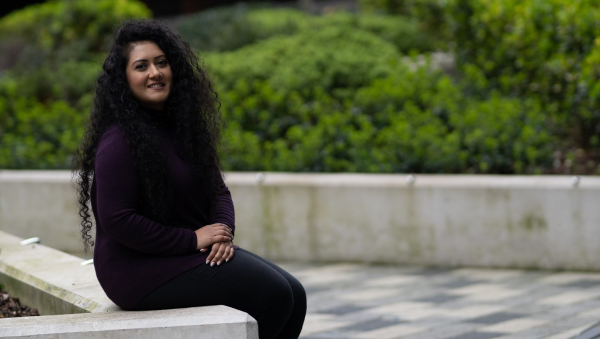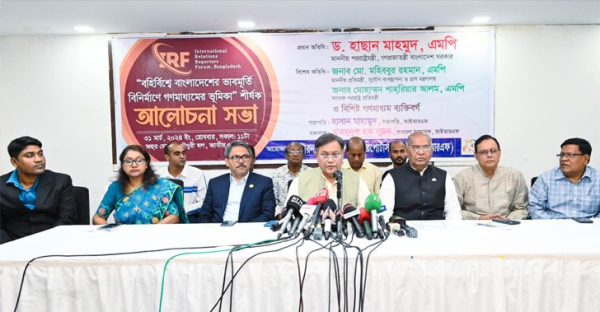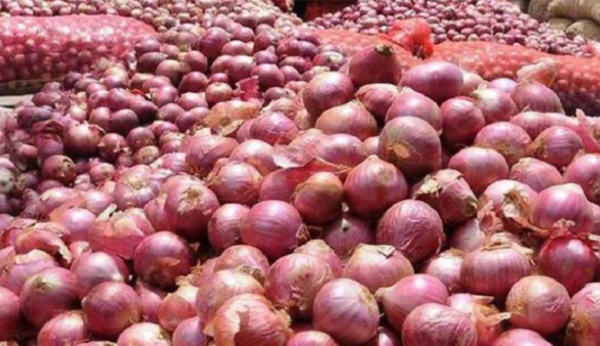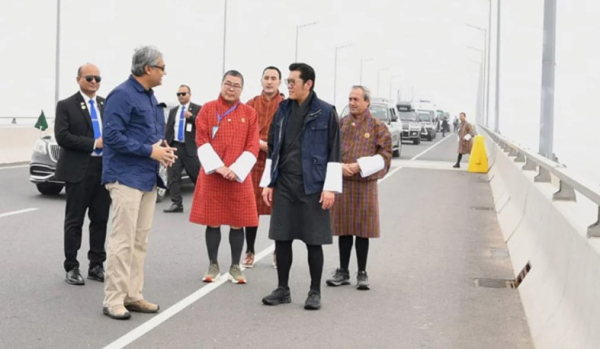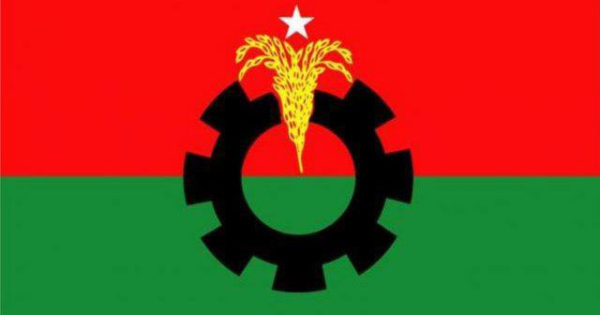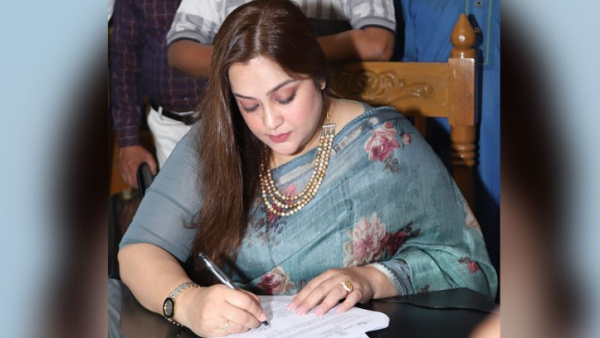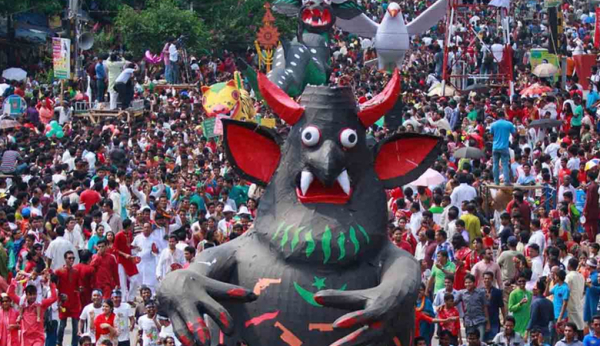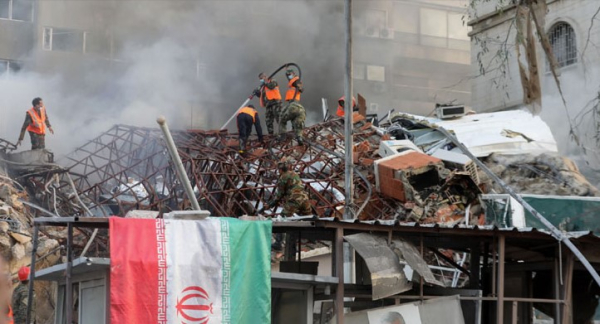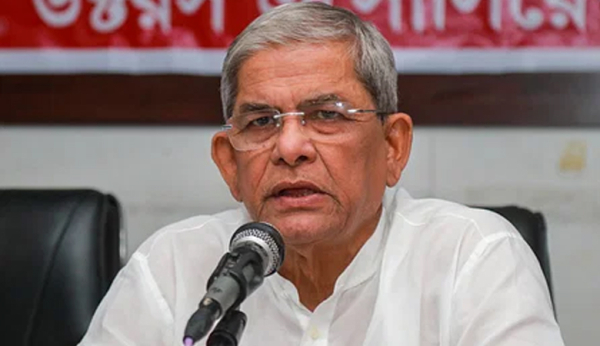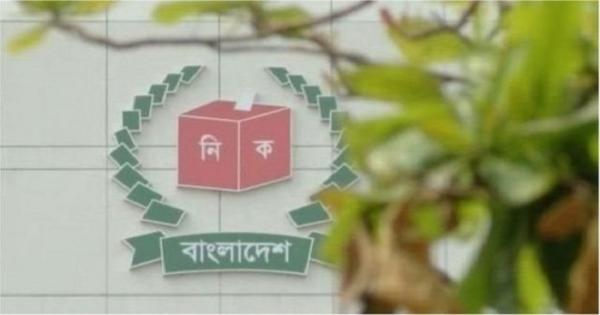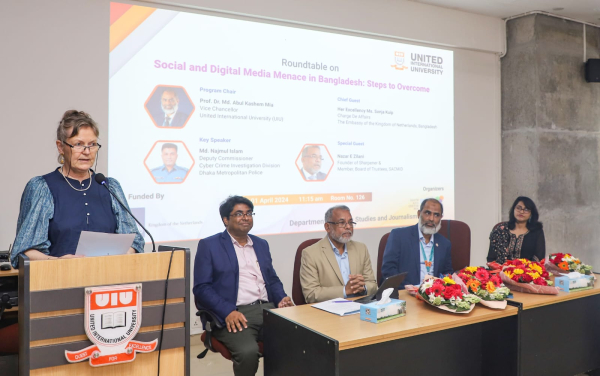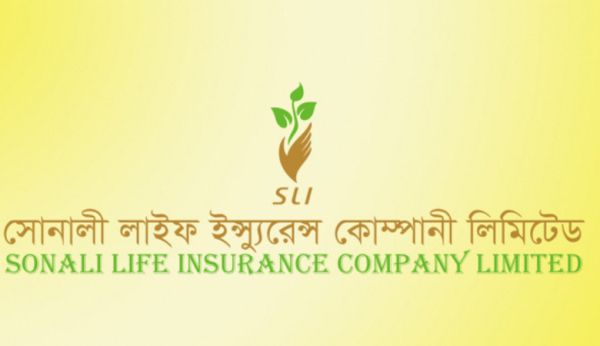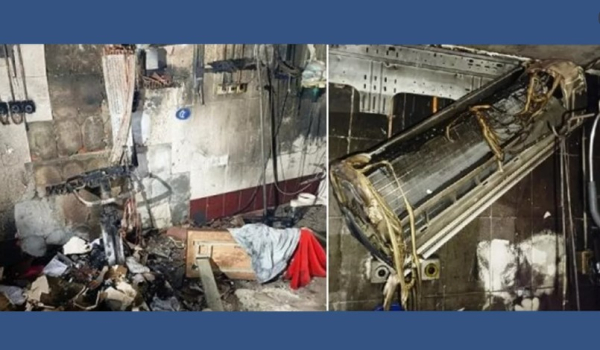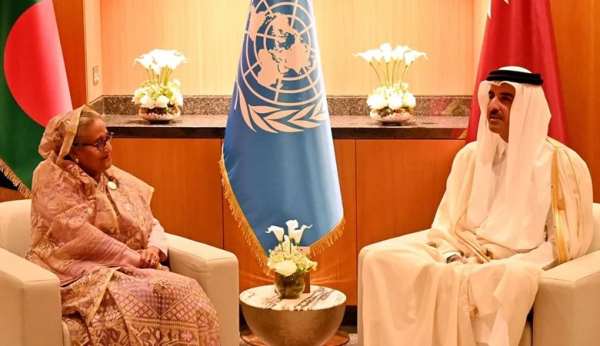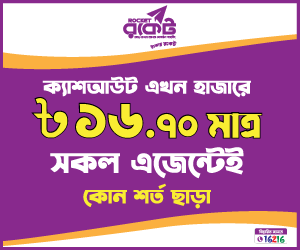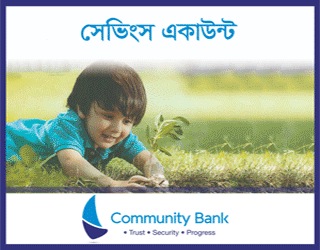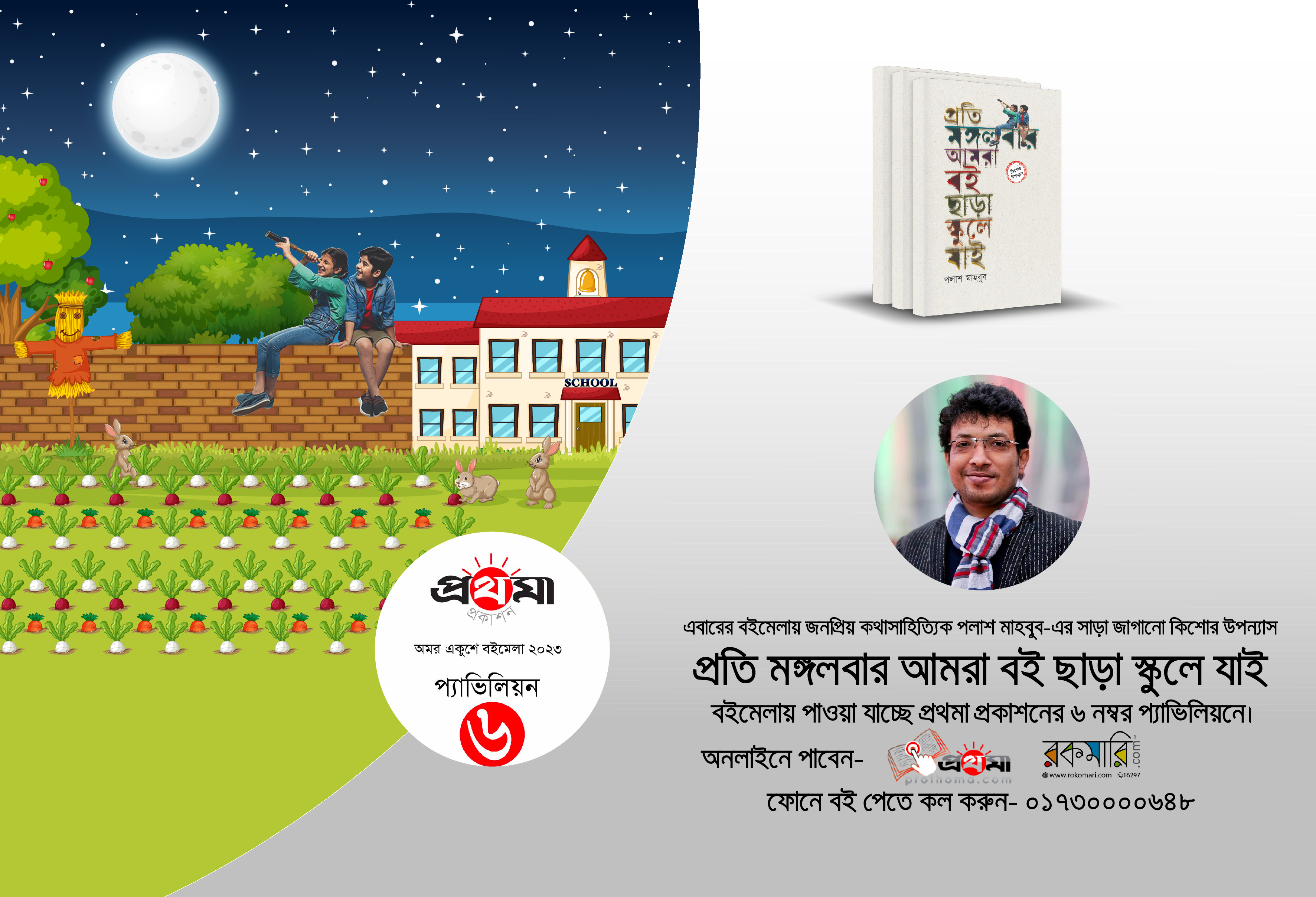USAID hands over Multi-Purpose Disaster Shelter in Naikhangchori
USAID hands over Multi-Purpose Disaster Shelter in Naikhangchori
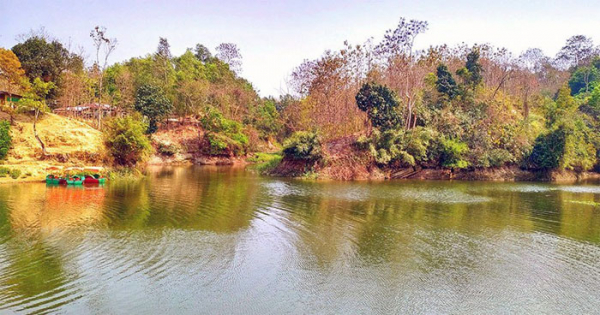 |
| Naikhangchori, Bandarban |
United States Agency for International Development (USAID) Country Mission Director Derrick Brown on behalf of U.S. Embassy Dhaka, joined Md. Atiqul Huq, Director General, Government of Bangladesh’s (GOB) Department of Disaster Management; Save the Children’s Country Director Onno van Manen; and other GOB officials to inaugurate a new multi-purpose cyclone shelter (MPCS) in Naikhangchori, Bandarban on Thursday (Feb 11).
Located in Baishpari village of NaikhangchoriUpazilla, the government multi-purpose primary school and disaster shelter can accommodate 400 people during natural disasters. This new multi-purpose shelter is the latest demonstration of the long-term U.S. commitment to the people of Bangladesh as the country nears its 50th anniversary of independence, a press release said.
The new multi-purpose disaster shelter is one of 25 new multi-purpose disaster shelters and 96 existing cyclone shelters being funded and refurbished by the U.S. government to serve as both safe havens and as schools in Cox’s Bazar, it added.
The new multi-purpose shelter is one of the government’s primary schools refurbished under the USAID/Bangladesh Multi-Purpose Cyclone Shelter Repair and Refurbishment program. So far, 23 of 46 schools have been refurbished in Cox’s Bazar and Bandarban (USAID’s Ashroi Kendra project). Renovation work included updating the school’s water, sanitation, and electrical systems, painting, and installing child-friendly furniture. The refurbished multi-purpose shelter/school facility creates a conducive environment for students as well as temporary accommodation for local community members during any climatic incident.
During his remarks, USAID Mission Director Brown said, “I’m honored to be part of the handover of this repaired and refurbished Baishpari government primary school/Multi-purpose Cyclone Shelter (MPCS) facility. The U.S. government is proud to help build resilience of the local community to deal with natural disasters and fund the renovation of this school to provide an improved child-friendly learning space, so local children can have better access to life-changing education, and the community has a safe haven during natural disasters.”
Inauguration ceremony Chief Guest, Director General of the Government of Bangladesh’s Department of Disaster Management, Mr. Md. Atiqul Haque said, “Bangladesh has achieved significant progress in disaster risk reduction through a paradigm shift from a relief oriented to a comprehensive approach. I am happy to see that with the support of USAID, local government primary schools are able to provide shelter during disasters.”
With another project, USAID is providing support for the construction of 25 new Multi-Purpose Disaster Shelters (MPDS) in Cox’s Bazar and Bandarbanthrough a joint project being implemented by CARE, Save the Children, and local partner, GRAUS.
For nearly five decades, USAID, the U.S. Government’s lead development agency, has worked closely with many partners to mitigate the impact of natural disasters in Bangladesh. The USAID Mission in Bangladesh is currently funding the construction and maintenance of MPCSs throughout the country as well as wave protection walls and earthen embankments to reduce flood damage. Since 2001, USAID, in partnership with the Government of Bangladesh, has constructed over 500 cyclone shelters in coastal areas of Bangladesh that provide life-saving protection to 900,000 people during severe weather. These shelters serve as safe havens during floods, cyclones, and other natural disasters.
The U.S. government, through USAID, has provided more than $8 billion in development assistance to Bangladesh since its independence. In 2019, USAID alone provided over $200 million to improve the lives of people in Bangladesh through programs that expand food security and economic opportunity, improve health and education, promote democratic institutions and practices, protect the environment, and increase resilience to climate change. And, since the outbreak of COVID-19 in Bangladesh, the U.S. Government, through multiple U.S. agencies, has provided over $73.2 million of assistance to support local response efforts.

আরও পড়ুন

জনপ্রিয়
- Harvard professor to join McWeadon-Faith Bangladesh Webinar on e-learning
- Bangladeshi-American to be first South Asian Lt Commander in NYPD
- Maria Howlader made new Chair of SAFA Women Leadership Committee
- Intl Girls in ICT Day
Virtual roundtable on Accelerating Digital Inclusion for Girls held - JMI brings first Bangladeshi-branded KN95 masks
- Professor Zahir receives `Most Outstanding Professor’ Award
- C-BED Programme Launched in Bangladesh
- Foreign ministry issues 8-pnt statement over Rohingya relocation
- Symphony launches new Smartphone Symphony Z30 Pro
- Vitol’s trades cause LNG prices soaring, BD affected



